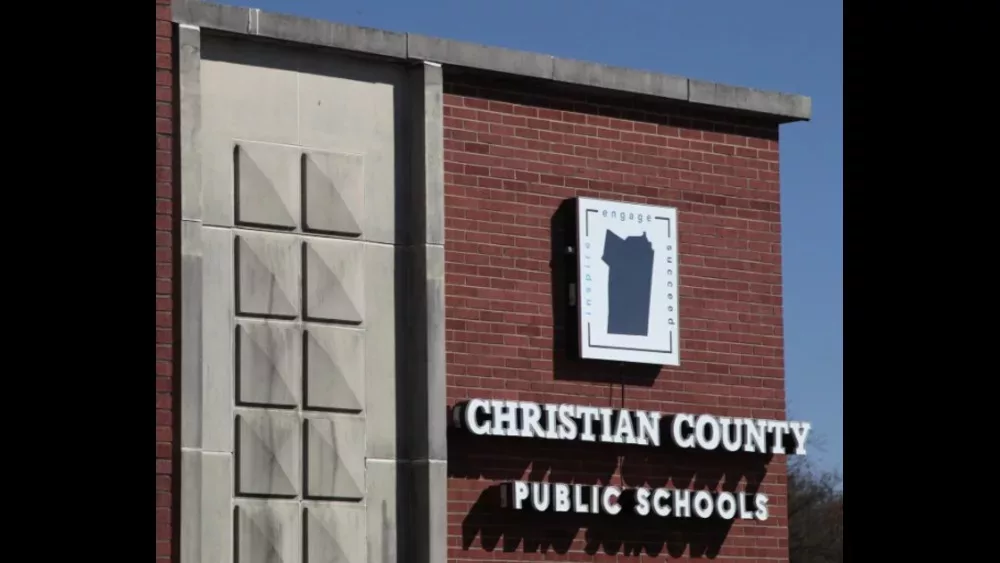
According to multiple reports from The Lexington Herald-Leader, The Louisville Courier-Journal, The Kentucky Lantern, WKMS, NPR and others, officials with Christian County Public Schools are bracing for a potential financial setback — following the U.S. Department of Education’s denial of more than $10 million in COVID-19 relief funding requested by Kentucky officials.
Christian County had the Commonwealth’s single-largest request of nearly $8 million, which was to be used for the new Christian County High School consolidation through five different project proposals. In an official statement from CCPS, they said their focus “as always, is on supporting students and staff.”
This denial, however, is part of a broader decision by the U.S. Department of Education, which notified Kentucky officials in a March 28 letter signed by Secretary of Education Linda McMahon that the deadline to spend pandemic relief funds would be moved up from March 2026 to the day of the letter.
Furthermore, Kentucky officials had previously received approval to use those funds over a longer period, and thus were counting on them to cover crucial school needs.
Other denied requests included:
+ $958,000 to replace mold-damaged roofs in Clinton County
+ $340,000 for Jefferson County Public Schools to provide services for students experiencing homelessness—such as food, transportation, and emergency housing
+ As well as several denials in Boone County, Clinton County, Covington Independent, Jefferson County and Knox County
In all, Kentucky officials were seeking to preserve around $56 million in this federal COVID aid—$38 million for local districts and $18 million for KDE.
A state appeal is currently under way, with Education Commissioner Robbie Fletcher noting that he and others “expect the federal government to honor its promises to states and to [Kentucky] students,” and that his office “will continue to fight for the resources schools and districts have been promised.”
Only two small projects were approved: Boone County Schools will receive $26,000 for an interactive learning platform and $18,600 for Dolly Parton’s Imagination Library.
Meanwhile, a federal judge also made headlines last Thursday by blocking a Trump-era plan to fire thousands of federal education employees—an effort critics saw as a step toward dismantling the U.S. Department of Education.
The judge ruled that only Congress has the authority to eliminate federal agencies.
The Elementary and Secondary School Emergency Relief Fund, also known as ESSER, served as a $190 billion vehicle created under the Coronavirus Aid, Relief and Economic Security, or CARES, Act, and was supposed to serve as a 2021 stimulus package under the Biden administration. It was originally created to help assist schools with creating “healthy learning environments, return students to classrooms and address local needs,” and it has twice since been bolstered with additional federal funds.
Among its uses, districts could hire staff, raise wages, generally meet student needs, provide critical academic support, address social, emotional, and mental health needs, promote physical safety, and sustain school operations, but they were also allowed to be used for buildings and construction projects.
Christian County’s consolidation also had to be approved by the Kentucky Department of Education before moving on this schedule, which included an evaluation of the property before signing off on its purchase.
In August 2023, CCPS Superintendent Chris Bentzel confirmed that a $109 million building — combined with multiple fees for bonding, contingency, furnishings, technology, architectural and engineering efforts — would bring estimates to $134 million, which could be afforded with more than $45 million in savings and grant funding, another $85 million in bonds, and another $4-to-$5 million through accrued interest.


